Community Civics and Rural Life
Book Excerpt
COMMON PURPOSES DUE TO COMMON WANTS
If we visit a large city, we see throngs of people hurrying hither and thither, jostling one another, apparently in the greatest confusion. We wonder where they are all going, what they are doing, what they are seeking. In rural communities or in small towns there is less apparent confusion than in the bustling life of the city. Yet even here it is not always easy to see common purposes and common interests. Whether in large or small communities, we are more likely to be impressed by the VARIETY of men's wants and even by the CONFLICT of their purposes.
But no matter how numerous and conflicting our wants may seem, they may all be grouped in a very few important kinds, which are common to all of us alike. It will be worthwhile to test the truth of this, because it will help us to see our community life in some kind of order, and will throw a flood of light upon the common purposes th
Editor's choice
(view all)Popular books in Essays, Non-fiction
Readers reviews
- Upvote (0)
- Downvote (0)
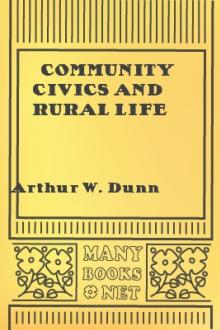
 Free Download
Free Download















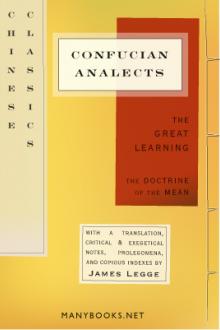
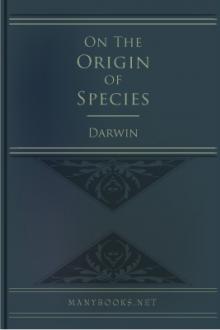
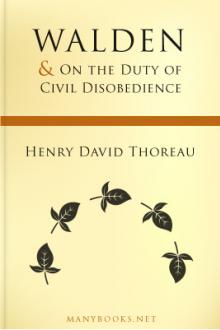
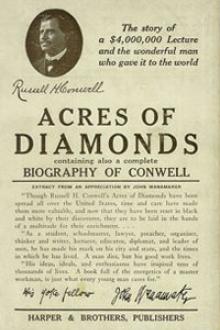
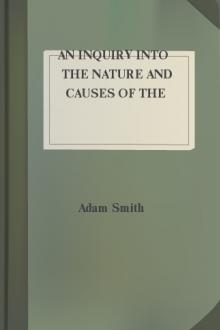
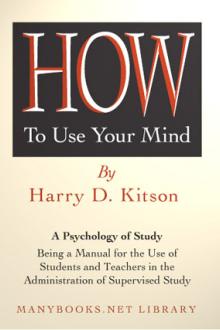
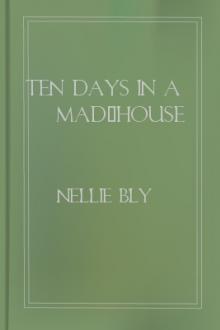
-itok=vcKIB5v1.jpg)